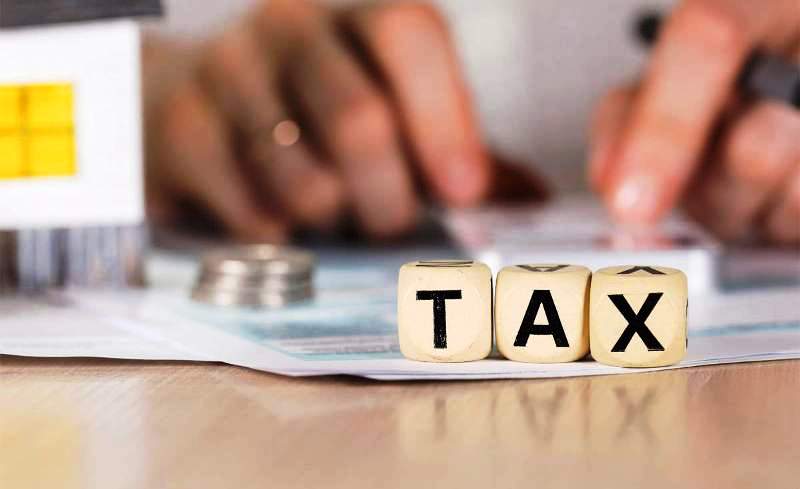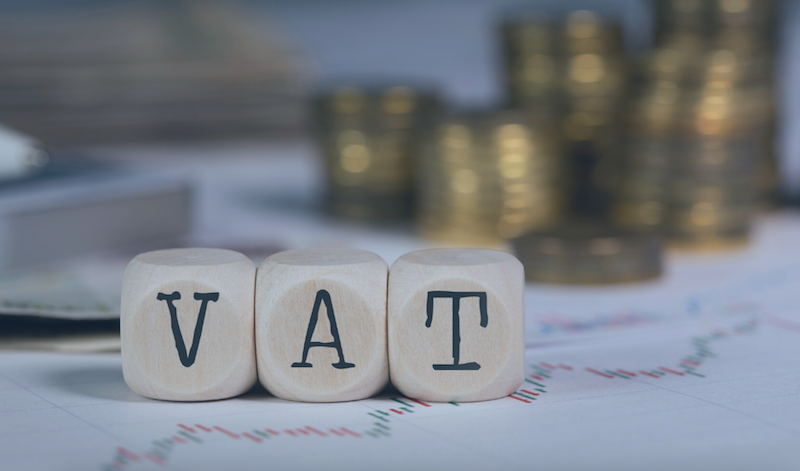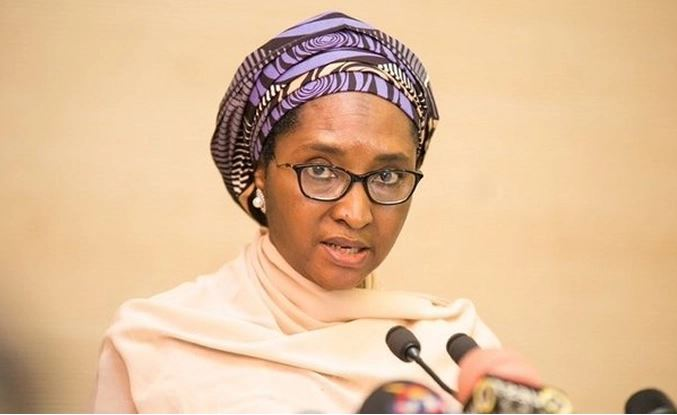When President Bola Ahmed Tinubu unveiled his proposal on a new formula for sharing proceeds from Value Added Tax (VAT), he may have thought that he only had to reckon with expected opposition of northern states. The north had been the main beneficiary of the revenue accruing from VAT and other revenues. From the principles adopted for sharing revenue, the north usually comes out the most favoured. Population, need and land area were the factors that enjoyed the highest premium in vertical formula in play when revenue is shared.
The Independence Constitution carefully negotiated by the political leadership that ushered in independence in 1960 was the pathway not just to equity, but competitive advancement of the country.
All that changed in 1966 after the military began to change the formula, granting producing areas as low as one percent derivation. That lowest figure was adopted by Muhammadu Buhari as military head of state. He made population, land mass and need the most important factors in his revenue sharing formula. Buhari hardly conceded anything to the oil producing region in his irredentist agenda of diverting most of the public funds to the north.
He pursued the agenda as chairman of Sani Abacha’s Petroleum Trust Fund (PTF) where more than 90 percent of the projects he executed using the funds were in the north.
On becoming president in 2015, Buhari did not relent in his skewed developmental trajectory. When western development partners expressed readiness to execute projects under their aid programmes, Buhari expressly urged them to concentrate on the north.
What Tinubu may not have reckoned with is that his VAT revenue sharing formula will elicit a new regional response by the Niger delta states. Having fashioned a formula that put greater premium on derivation, with 60 percent proposed, the administration has faced a vociferous opposition from governors in northern states.
The current revenue sharing formula – 15 percent to the Federal Government, 50 percent to states, and 35 percent to local governments – is too juicy for them to accept a change even though it is proportionately skewed against Lagos and other southern states where the bulk of the revenue is generated.
While the president is still negotiating with the north on an acceptable formula, the outcome of a meeting of Niger Delta governors may complicate the situation, but bring the much needed sense of justice and equity amongst the states.
In a communique issued at the end of their January meeting in Yenagoa, Bayelsa State, the governors expressed support for the tax reforms of the President Bola Tinubu administration. But it comes with a caveat.
The derivation component of the revenue sharing formula should be correspondingly reviewed upwards to 50 percent. Their communique, read by the Bayelsa governor, Douye Diri, urged the president to extend the proposed VAT sharing to other areas of derivation like oil and gas.
Prior to their meeting, the Nigerian Governors Forum had adopted a common proposal under which the Niger Delta governors conceded too much of their interests. Under Olusegun Obasanjo’s administration during which Zamfara State pioneered a wave of adoption of Sharia in the legal code, a dubious implementation was adopted.
While the consumption of alcoholic beverages was banned in line with the dictates of Islam with consignments of such drinks openly destroyed, they had no qualms about drawing from the VAT revenue from alcoholic drinks. By virtue of the parameters for determining what states get – land mass, population, higher number of states and local government areas, the north gets a lion share of VAT revenue just like they do from from federal revenue through the instruments of the Revenue Mobilization Allocation and Fiscal Commission (RMAFC).
The major source of pushback from governors and lawmakers from the North is the formula’s proposal suggesting sharing 60 per cent of VAT revenue based on derivation, meaning states would receive funds proportional to the VAT generated within their territories. Rather than latch onto the discomfort of northern governors, Douye Diri and his colleagues from the Niger Delta and, indeed, the entire southern governors missed an opportunity to extract a concession from their northern colleagues.
In agreeing to make land mass and other parameters that favour the north so close to derivation, they failed to force any concession from the north. While equality of states was 50 percent, derivation was just 30 percent while population follows closely at 20 percent. It was a tactless concession by the south south governors. On all counts, the north emerged as the winners. On equality, they have more states and local governments while the official population distribution says more people live in the arid north than the rain forest southern part of the country.
In choosing to make their demand for upward review of derivation principle to 50 percent after they had signed up to kowtowing to the greater interest of the north, the Niger Delta governors displayed an object lack of strategy, planning and cohesion in advancing the interest of their people.
It does not need a Nostradamus to say that the communique adopted in Yenagoa will come to nought.
The South south is not going to get any review in the derivation component of the federal revenue allocation formula. The north got all it wanted through the NGF recipé. Until the South south states learn the rudiments of negotiating to get an equitable share of federal revenue fuelled by crude oil extracted from their region, the quest for fiscal federalism will remain forlorn.
There is a laissez-faire atmosphere amongst the Niger Delta governors when they pontificate on the need to rejig the country. Maybe it is driven by the perception that the present 13 percent is adequate. Perhaps, the region is yet to recover from the schism in its ranks when Nyesom Wike, former Rivers State governor, broke ranks in his failed bid to emerge president.of Nigeria.
It will take the astuteness and legendary ability of Tinubu to “grab it and run with it” for any change in fortunes of the Niger Delta in the still unclear trajectory in the search for a more equitable federal system. On Diri lies the task of mobilising the Niger Delta intelligentsia, strategists and progressives to fashion a road map for the region to stand a chance of making its people shed the toga of a people that wash their hands with spittle while living by the banks of an ocean.







